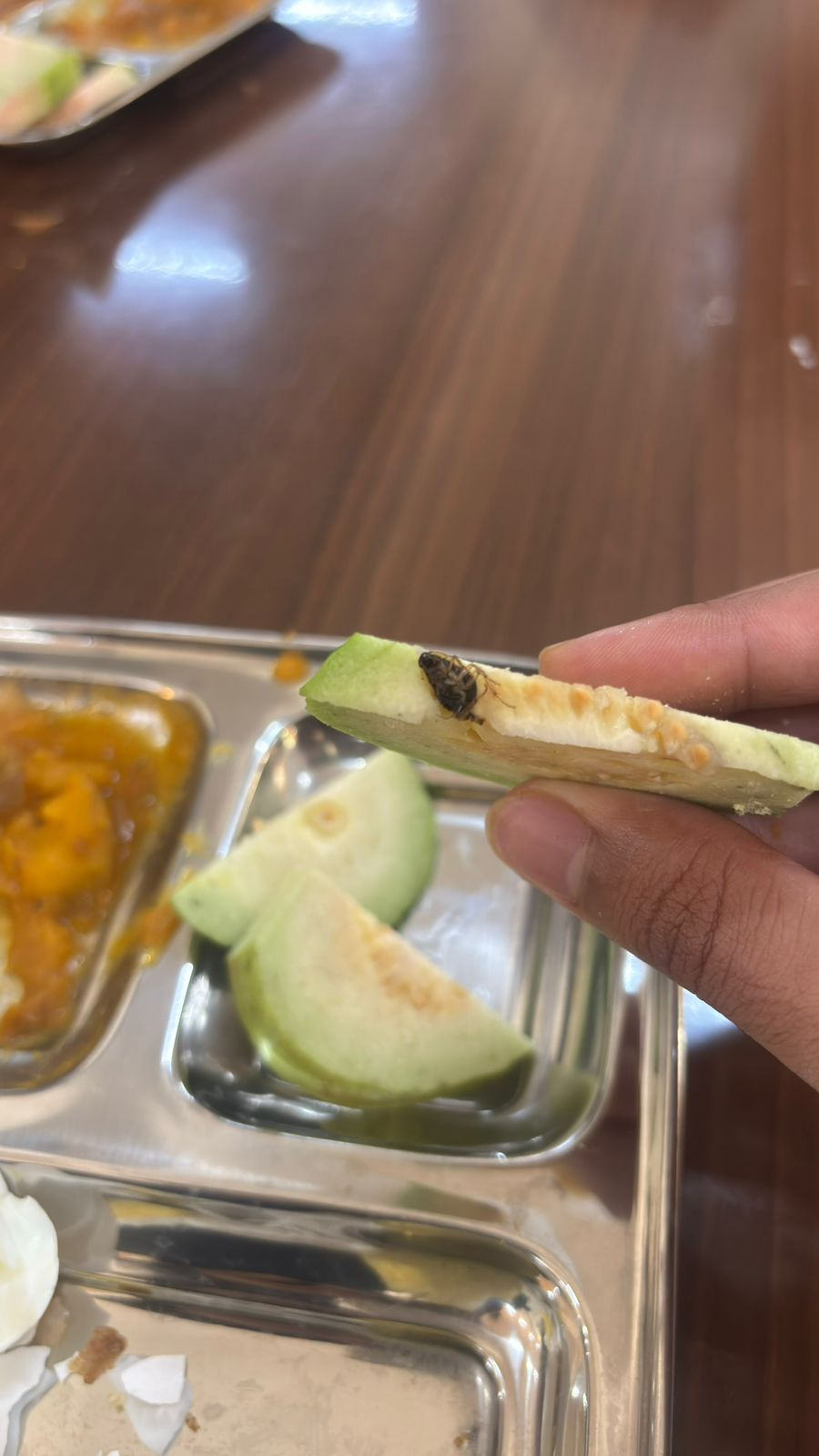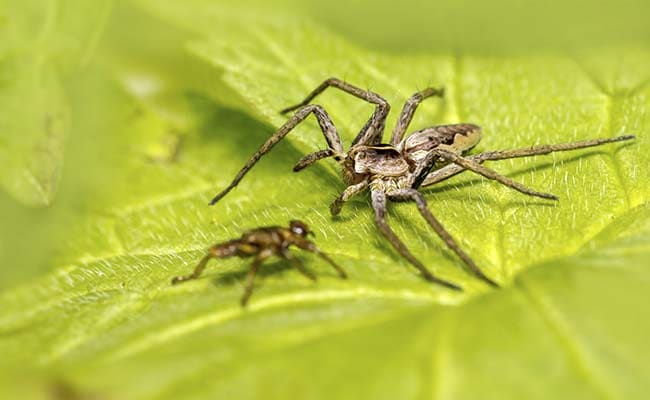The poison from one of the creepiest animals may actually turn out to be quite useful in preventing the damaging effects of a stroke. Researchers from the University of Queensland and Monash University, have discovered a protein found in the venom of Australia's deadly funnel-web spider that may prevent the human brain from the devastating damage which may occur as a result of a stroke. A stroke occurs when the blood flow to a part of the brain is cut off. In such a situation, the brain cells do not receive the required oxygen and they begin to die.Stoke claims about six million lives worldwide each year, and five million survivors are left with a permanent disability. Most of the strokes are ischaemic which simply means that they are caused by a blockage or clot in an artery or vessel that supplies oxygen to the brain. According to this study, published in the journal Proceedings of the National Academy of Sciences, the poison from the this spider can minimize the effects of stroke in the brain. Ironically, it is believed that a bite from the Australian funnel web spider can kill humans in 15 minutes! But the study shows that a small protein found in its poison called Hi1a can block acid-sensing ion channels in the brain which are the key drivers of brain damage after stroke.

Researchers proved their point by conducted lab tests on rats and three funnel web spider. During the pre-clinical studies, it was seen that a single dose of Hi1a administered up to eight hours after stroke protected the brain tissue and drastically improved neurological performance. They have regarded this protein as as 'neuro-protective' as they explain that it protects the core brain which is affected the most due to oxygen deprivation.

Researchers proved their point by conducted lab tests on rats and three funnel web spider. During the pre-clinical studies, it was seen that a single dose of Hi1a administered up to eight hours after stroke protected the brain tissue and drastically improved neurological performance. They have regarded this protein as as 'neuro-protective' as they explain that it protects the core brain which is affected the most due to oxygen deprivation.
Researchers hope that this discovery could significantly help improve outcomes for stroke patients. The next step would be to conduct human trials to find out if the results prove to be as effective.
Advertisement
For the latest food news, health tips and recipes, like us on Facebook or follow us on Twitter and YouTube.
Tags:









